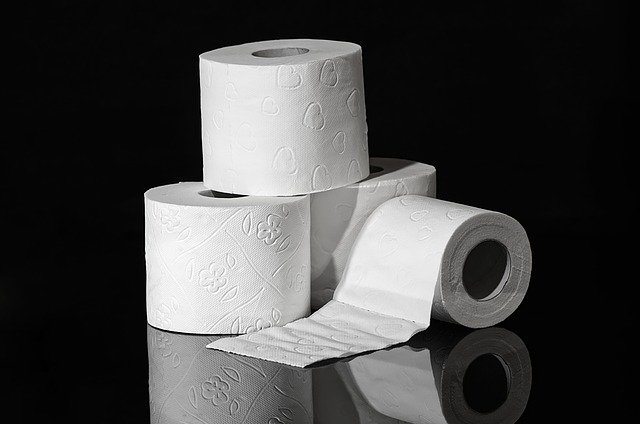Stockpile substitution could have major consequences
Customers substituting analogous products during the coronavirus outbreak could have disastrous consequences on infrastructure and supply chains.

The UK has seen panic-buying of products such as toilet paper set in as the scale of the coronavirus pandemic has grown. As a result, many consumers have also been stocking up on similar products like kitchen towels, assuming the two could be interchangeable in times of crisis. But the public is now being warned of some of the problems associated with swapping out products that appear on the surface to be analogous. The behaviour could have major impacts not just on supply chains, but also on sewage and plumbing systems.
Covid-19 presents global supply chain emergency
“We are seeing shortages of toilet paper but worryingly also shortages of paper kitchen towels and industrial paper towel used for example, in garages and workshops and other wipe products,” said Richard Wilding, Professor of Supply Chain Strategy at Cranfield School of Management.
“If kitchen towels, baby wipes or industrial papers are used as a replacement for toilet paper, our sewage systems could readily become blocked with the resulting chaos and increased health risks associated with this. Ultimately, water companies may not have the infrastructure and equipment to unblock the sewer system.”
Register now to continue reading
Thanks for visiting The Engineer. You’ve now reached your monthly limit of news stories. Register for free to unlock unlimited access to all of our news coverage, as well as premium content including opinion, in-depth features and special reports.
Benefits of registering
-
In-depth insights and coverage of key emerging trends
-
Unrestricted access to special reports throughout the year
-
Daily technology news delivered straight to your inbox










Water Sector Talent Exodus Could Cripple The Sector
Well let´s do a little experiment. My last (10.4.25) half-yearly water/waste water bill from Severn Trent was £98.29. How much does not-for-profit Dŵr...